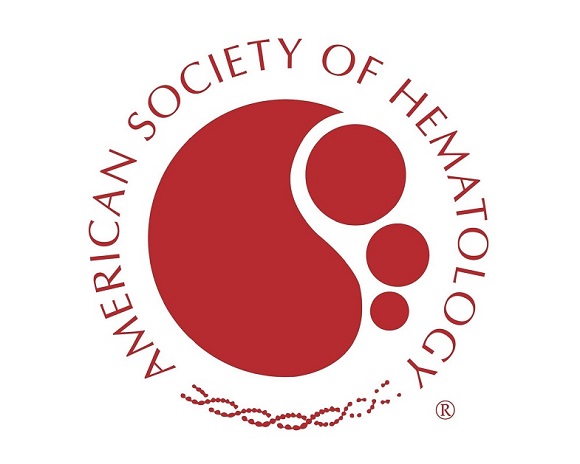DISCLAIMER
The information and materials accessed through or made available for use on any of our Sites, including, any information about diseases, conditions, treatments, or medicines, are for informational purposes only. The Content is not intended to be and is not a substitute for professional medical advice, diagnosis, or treatment, and your participation on our Sites does not create a healthcare professional-patient relationship. You should consult a doctor or other qualified health care professional regarding any questions you have about your health or before making any decisions related to your health or wellness. Call your doctor or 911 immediately if you think you may have a medical emergency.compose your message
message sent
email sent successfully
Trusted Resources: News & Events
Latest announcements and gatherings
ASH President: No Medical Merit to Sickle Cell Trait to Explain In-Custody Deaths
The American Society of Hematology has issued an updated position statement asserting that it is medically inaccurate to claim sickle cell trait as a cause of death based solely on the presence of sickled cells at autopsy. ASH policy was updated in response to the recent investigation and coverage in The New York Times, How a Genetic Trait in Black People Can Give the Police Cover
In response to the article, ASH President Martin S. Tallman, MD, of Memorial Sloan Kettering Cancer Center published a letter to the editor today and issued the following statement:
The use of sickle cell trait to cover up the deaths of Black people while in police custody is abhorrent and has no scientific or medical merit. Based upon our examination of the highest quality, up-to-date data, as expert hematologists and scientists, we decry the use of sickle cell trait as a cause or major contributor of death for Black people while in police custody.

 +myBinder
+myBinderRelated Content
-
people & placesEast Carolina University Comprehensive Sickle Cell CenterEast Carolina University Comprehensive S...
-
people & placesAlexis Thompson, MD, MPHDr. Alexis Thompson is currently the Hem...
-
education & researchFoods SC Patients NeedA balanced diet is a diet that includes ...
-
education & researchIschemic Stroke in Children and Young Adults with Sickle Cell Disease (SCD) in the Post-STOP EraBackground: The Stroke Prevention Trial ...
-
people & placesBarbara Speller Brown, DNP, MSNBarbara Speller-Brown, DNP, MSN, PNP-BC,...
-
people & placesVanderbilt University Medical CenterThe Vanderbilt-Meharry-Matthew Walker Ce...
-
videos & visualsVaso occlusive Crisis Pain Assessment & Managementhttps://www.youtube.com/watch?time_conti...
send a message
To improve your experience on this site, we use cookies. This includes cookies essential for the basic functioning of our website, cookies for analytics purposes, and cookies enabling us to personalize site content. By clicking on 'Accept' or any content on this site, you agree that cookies can be placed. You may adjust your browser's cookie settings to suit your preferences. More Information
The cookie settings on this website are set to "allow cookies" to give you the best browsing experience possible. If you continue to use this website without changing your cookie settings or you click "Accept" below then you are consenting to this.
Support for this site is provided by

This platform is made possible through a partnership with the Sickle Cell Disease Association of America, Inc. (SCDAA) and its member organizations. SCDAA's mission is to advocate for people affected by sickle cell conditions and empower community-based organizations to maximize quality of life and raise public consciousness while advancing the search for a universal cure.




